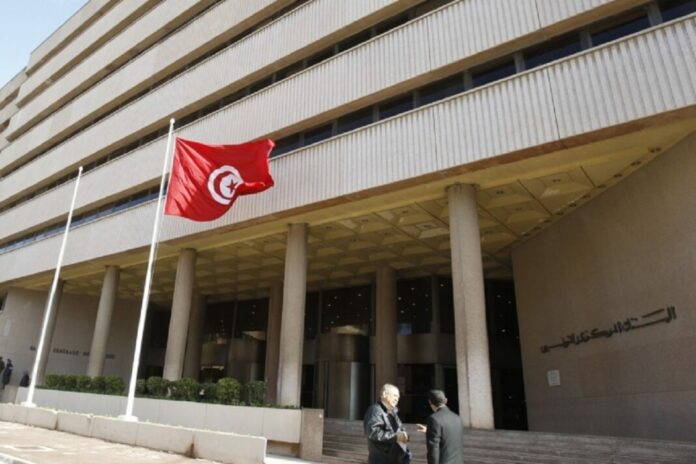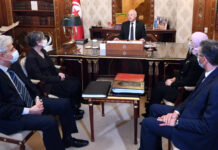Looking back at the figures, we note that Tunisia needs approximately 18 billion dinars before the end of 2021, to cope with all its expenditures this year, but based on tax revenues Tunisia is able to secure only 8 billion dinars, and to fill this vacancy put forward the option of going towards printing securities and pumping them into the market.
Is this option possible? What are its implications for tunisia’s economic and financial situation? What are the other solutions?
“Tunisia must fill a financial gap in the state budget for 2021 of nearly 9 billion dinars,” said Ifc resident representative In Tunis George Gurra, who expects tunisia’s state budget deficit to expand further due to rising oil and grain prices.
Economist and former Finance Minister Houssine Dimassi said printing securities has very negative repercussions and could contribute urgently and immediately to resolving the state budget deficit of about 10 billion.
Dimassi told JDD Tunisie on Saturday (October 2nd, 2021) that the central bank could somehow be forced to vaccinate other banks with liquidity to acquire the treasury’s offerings in the national domestic financial market to pay for tunisia’s shortage, noting that such a solution is possible if the government changes the current law.
With regard to the implications of this decision, our speaker explained that in the short and medium term its repercussions will be very negative, because a large volume of liquidity will be put forward in the economy free of charge in terms of production, in which case it produces unbearable inflation and price appreciation in exchange for a sharp depreciation of the Tunisian currency.
“Resorting to liquidity from the central bank and pumping it into the economy poses a major problem in terms of economic balances,” he said.
In 2020, Tunisia’s public debt reached a record $35.97 billion (about 98 billion dinars), or 87 percent of GDP.
Solution?
On other possible solutions, Dimassi said that “the Greek solution imposes a reduction in wages and the lifting of subsidies on basic materials, according to the former finance minister.
Tunisia has two options, he said, either the first director, the disastrous one, or the second, which is less economically and financially dangerous but socially alarming, because it is not expected that the different segments of society will react around it.
Economist Ezzedine Saidan said in an earlier statement to JDD Tunisie that the economic, financial, social and especially political situation was at its worst before July 25, and talks with the IMF were completely stalled, confirming that all indicators were in the “red line”.
Saidan added that the solution lies in the development of a supplementary financial law, which enables us to answer on how to end 2021 from the economic side, as well as resume talks with the IMF, and to embark on an economic reform program and public finance reform that requires a government whose only basic project is to save the economy and public finances, he estimated.
We note that the new government is waiting for a number of major files, the most important of which is the economic and social file, and the new prime minister Najla Bouden confirmed in her first statements that she will work to solve the economic difficulties facing the country and fight corruption.
Rifi-JDD











